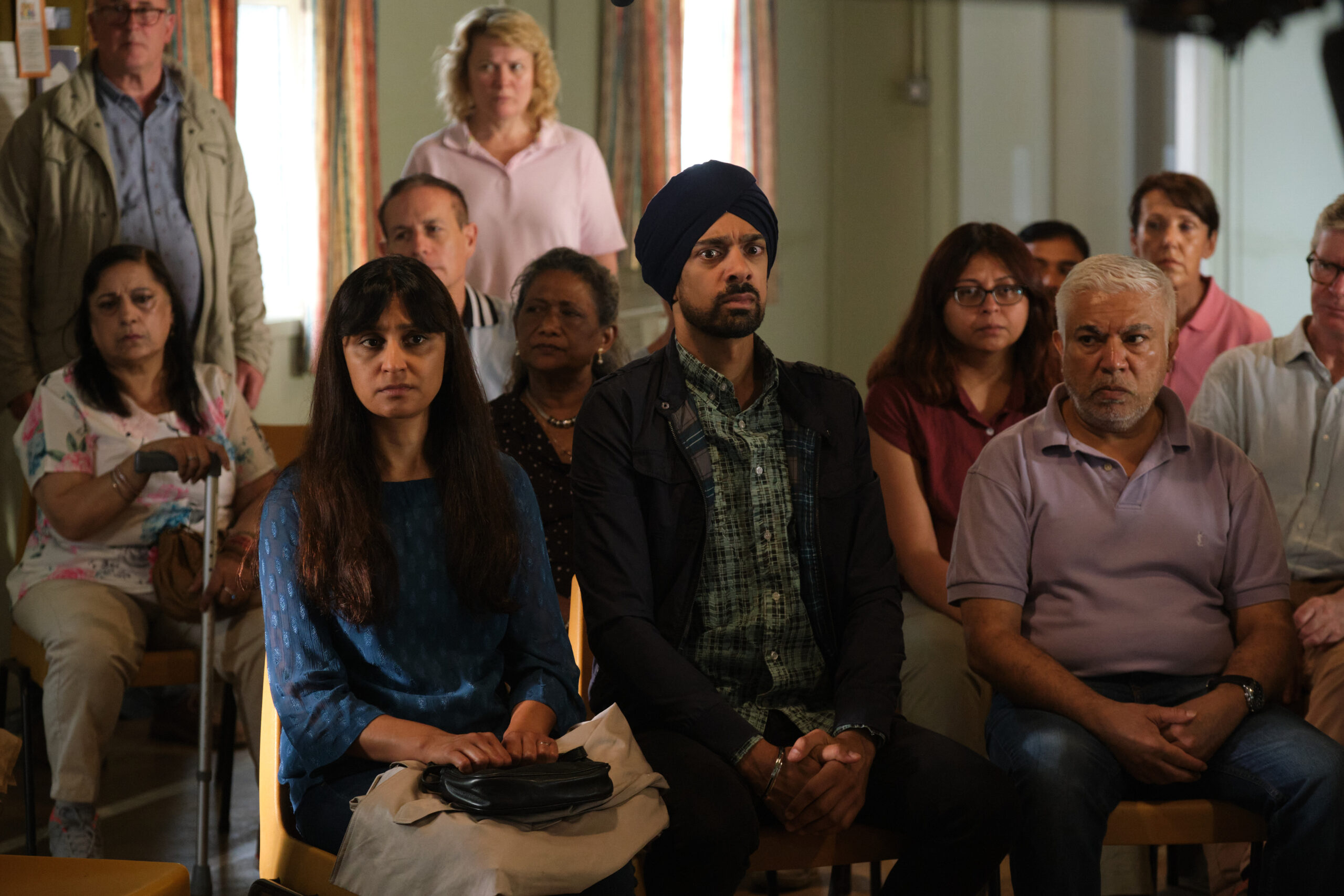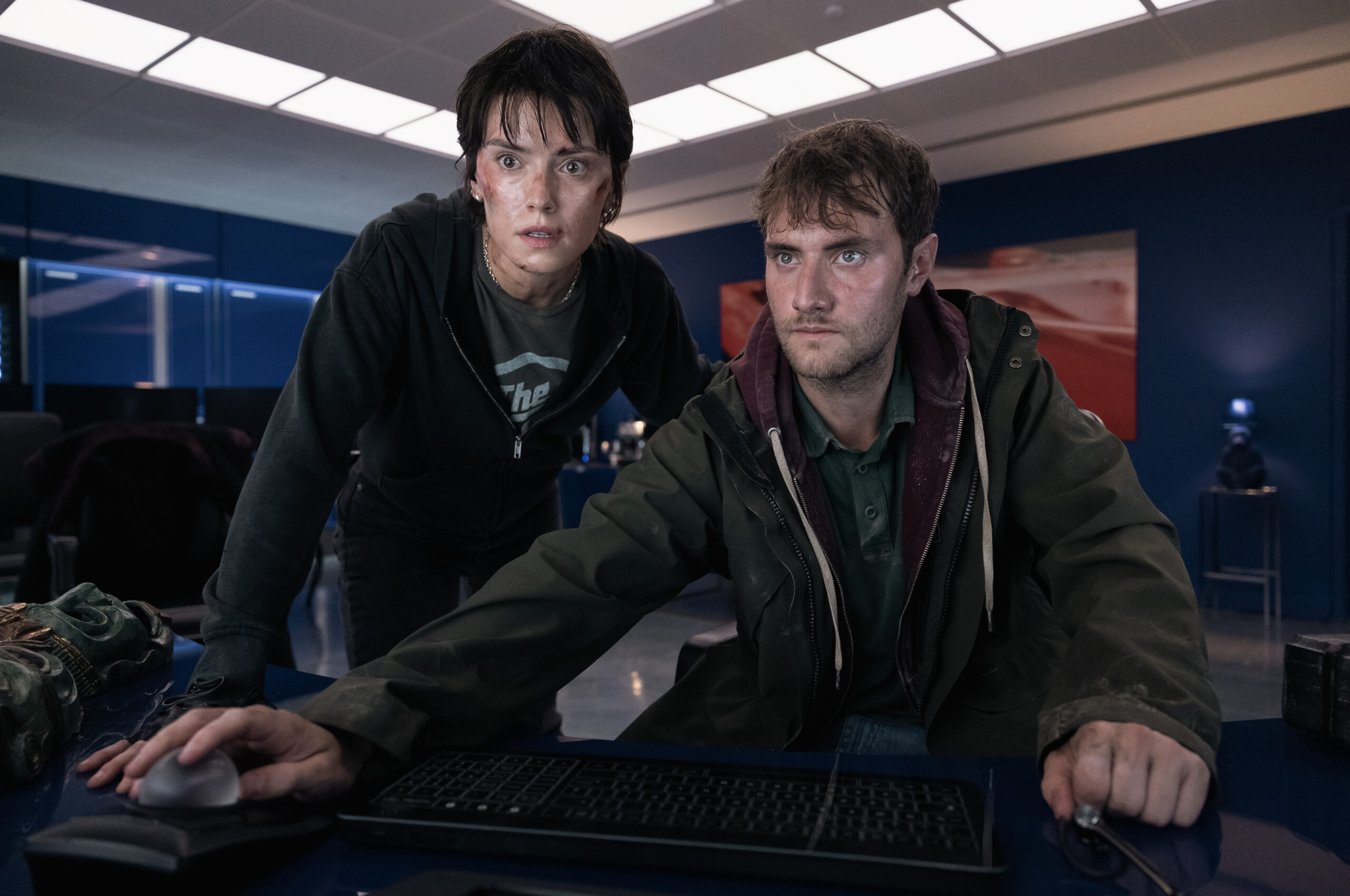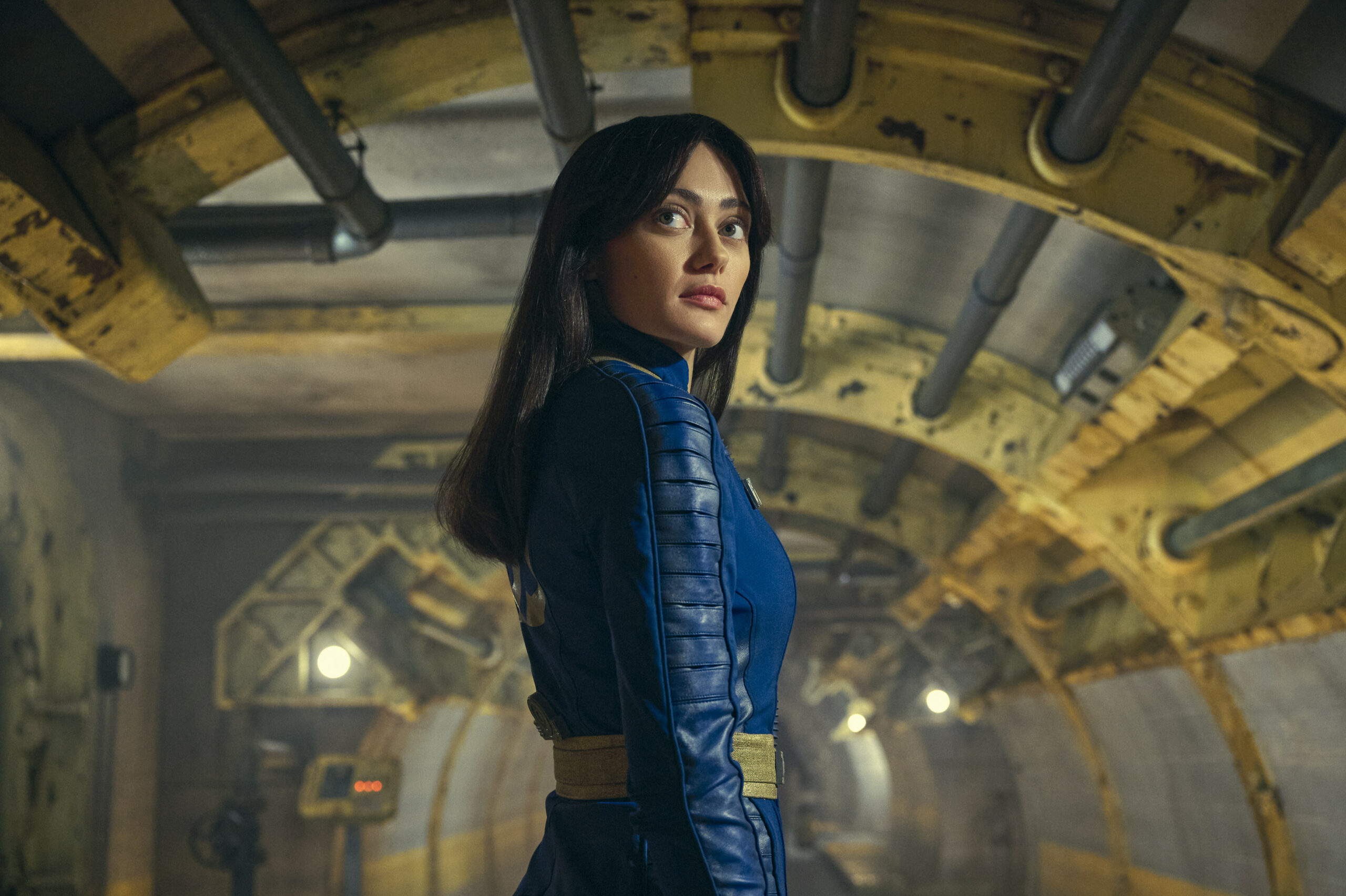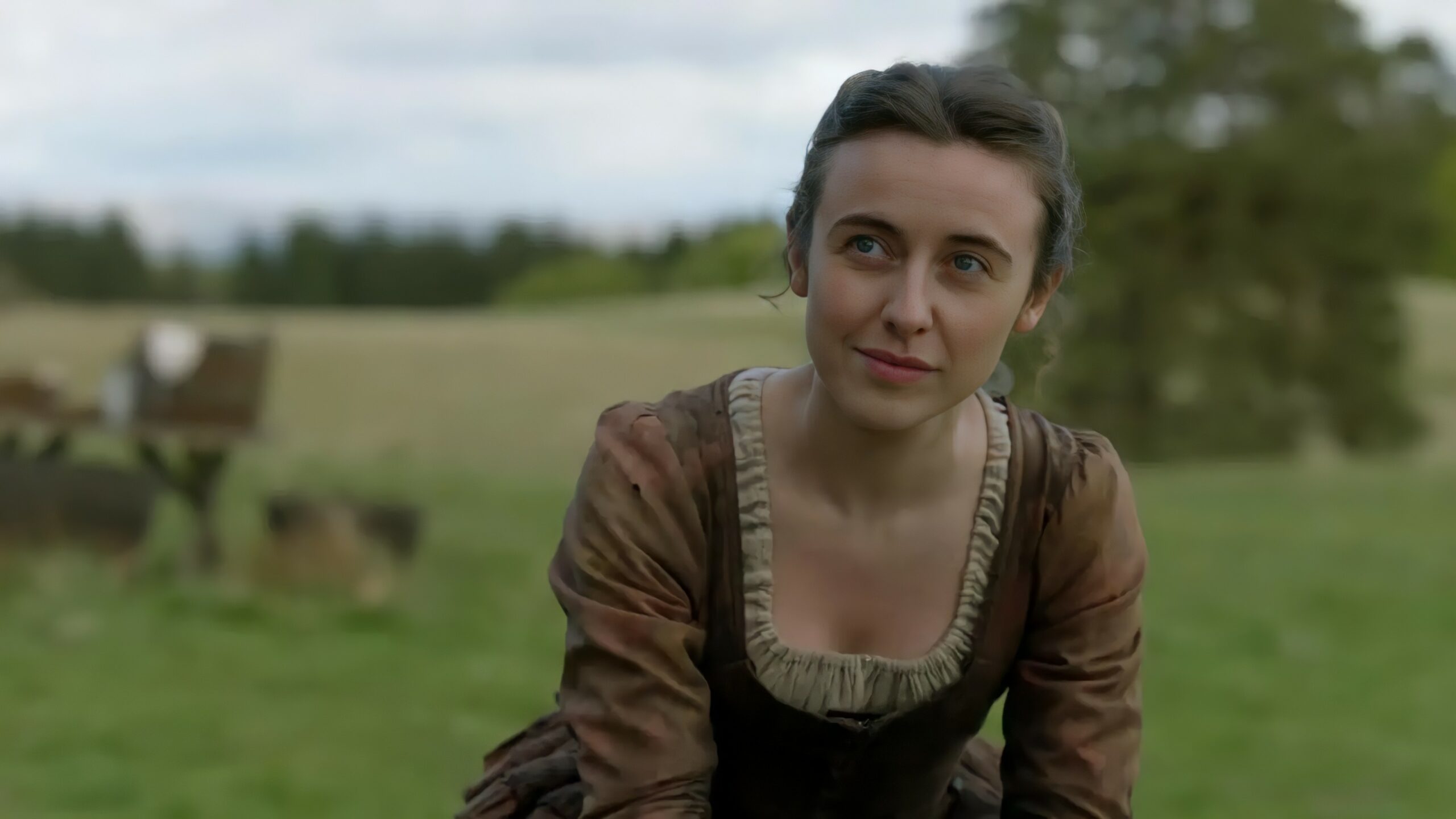Actress Krupa Pattani on auditioning for ‘Mr. Bates vs the Post Office’, South Asian representation on screen and breaking into voice acting.
At the beginning of 2024, ITV released what would become its best new drama series since the Pembrokeshire Murders. The first episode of Mr. Bates vs the Post Office was viewed by 9.2 million people, leading to critical acclaim and reigniting public interest in the Post Office scandal.
The scandal saw thousands of innocent subpostmasters being wrongly prosecuted for theft due to faults in their accounting software system, Horizon, and ITV’s series focused on the court case instigated by former subpostmaster Alan Bates.
Krupa Pattani was one of the performers who secured a role in this influential series, playing the role of ‘Saman Kaur’. Krupa has also appeared in Silent Witness, Hollyoaks, Citizen Khan and, most recently, Odd Squad UK. She’s also known for her voice work in various audiobooks and the animated film Ron’s Gone Wrong.
We had the chance to talk to Krupa about her experience on Mr. Bates vs the Post Office and how she approached playing a role based on a real person. We also spoke to her about how she got started in voice work and how character voice acting differs from audiobook narration.
Hi Krupa! What first drew you to acting as a career?
I think I always wanted to do it, ever since I was in year six and there was this improvisation exercise in my teacher Mr. Schneiderman’s class. I remember talking about a packet of Quavers, and suddenly, everyone started laughing, and I couldn’t believe that I had made people laugh. I was like, “This is amazing.”
I remember watching Al Pacino in Scent of a Woman and being spellbound by him. I used to mimic actors that I saw on screen, and there was something magical about it to me. I felt like it was the best thing in the world to be able to act, and once I’d experienced it first-hand, there was nothing else that I wanted to do.
I discovered around that time that within the script, when it’s your turn to speak, you can do whatever you want with it, and no one can interrupt that. I think there was something incredibly powerful and liberating about being able to express myself in that way and take such ownership of the space. I knew that there was something about it that was really special, but I didn’t admit to myself that I wanted to do it until later on.
I think I was 16, and for ages, I said that I wanted to be a vet. So, I went in and did work experience, and then got a job working in Pets at Home but ended up using the money to pay for acting classes. I remember, at some point around then, I was like, “This is what I want to do. I want an agent; I want to do this.”
The more classes I did, the more positive feedback I got, the more I felt like this is something I could do well. That’s the thing – you just love it, right? It must be love because what else can be that crazy that you still stick around?
You’ve worked on a variety of projects. If you had to name a favourite, what would it be?
The thing that always comes to mind is ‘Viola’ in Twelfth Night at Grosvenor Park Open Air Theatre. I’d never played a lead before, let alone a Shakespearean lead, so it felt like a great moment in that sense, but there was also nowhere to hide. You were looking into the eyes of the audience in broad daylight, and they were all looking back at you.
It was incredible to be able to deliver that language in that space because you had to use your whole body to do it, and you really had to do what you were saying. There was no barrier between you and the audience. I felt like it forced me to be really specific and know exactly what it was I wanted to tell them. It’s never left me, being able to speak to them in that way.
The show had a link to the elements, and since you’re outside, you can directly reference the sky and everything. It’s like your canvas, and you are sharing it with the audience, so they’re there with you. It was just magical, and I loved it.
How did it feel to be part of Mr. Bates vs The Post Office?
I’m very proud and lucky to be part of it. I remember being at the table read for it and being very much in awe of everyone sat around the table. There are so many incredible actors in it – I couldn’t really believe I was sat there. We also had the real Alan Bates there, and there were lawyers, and it was this big event. I got the sense that there was something precious about this story.
Doing it, it felt like the project had such a purpose underneath it. I think it was obvious that it was an important story, but I just never knew that it would have the reception that it’s had. It’s been mind-blowing.
What was the audition process for Mr. Bates vs The Post Office like?
I got an audition for Mr. Bates through my agent, and I did a self-tape. Then I got called in for a recall with Jill Trevellick and James Strong, the director, and that was it really – that two-part process for the whole thing.
The audition was in an office room, and the thing that I learned is to still do your thing, no matter what the room looks like. I know that sounds strange, but a part of me was like, “Oh, God. I’m in an office.” And my head was like, “You’re in an office, so part of you must behave as if you are in an office.” I started doing that, and I was like, “Sorry, can I do it like this?” Then it felt okay. Then I felt like I delivered the thing that I wanted them to see.
In the show, you were playing the role of a wrongly-accused post office worker, ‘Saman Kaur’ – a character based on someone who is very real. What kind of research did you do when you approached the role?
It’s 100% based on her story, so it felt really important to get the facts of what happened to her when she went to court, when she was accused – all of those things – and whatever information that we had available to us in terms of her mental health decline, which was a big part of that story.
I was very lucky to meet Jess [Kaur – who’s identified as ‘Saman Kaur’ in Mr. Bates vs the Post Office] in real life with Amit Shah. [Amit] played Saman Kaur’s husband, Jas. So, we went and met them in Birmingham at their house, and it was incredible. We didn’t talk too much about what happened because it felt like not only is it a real story, but they’re still processing what’s happened to them and sorting it out. It didn’t feel appropriate to ask. We just chatted to them generally and got a sense of how they felt about it, and it was so cool to meet them. That, coupled with the facts, gave me permission internally to use my imagination to fill in the blanks because I felt like I needed their blessing somehow.
The research was literally getting a timeline together. Amit was incredible about that – we were constantly emailing each other to be like, “When did this happen and when did that happen? And what do you think that changes?”
I feel like there’s under-representation for South Asian people on screen, and so this rare opportunity that someone so real is being represented on screen felt incredibly important. And it felt important for it to be as authentic as we could, which everyone was on board for.
Are there differences between playing a real-life character like Saman Kaur and a fictional character like Viola?
The thing that gets me the most is just a core feeling about each character. Even when I read the script, before I knew much about Jess’ story, there was a core feeling about the sense of who she was, the sense of [Jess and Jas] as a couple. With Viola, there was something that felt very authentic already, just reading it at that point in time. That nut at the centre of it all, so to speak, that sense of a feeling, it gave me the licence to colour everything in.
Although playing a real person came with more responsibility, there was real information available that no one could refute because it’s just facts that actually happened. It actually made things easier because then I felt like I could make decisions about her attitude at different points, etc.
I guess as well, because it was a theatre thing, there was more time to rehearse with Viola, so that’s just different. With a fictional character, you have to do that work on your own to fill in the facts and have more conviction in your decisions, and then when you get into rehearsal, it’s hopefully a collaborative process where you can discuss those ideas together.
Is there anything you wish you’d known at the start of the process?
That’s the thing as an actor – you’re never going to be satisfied, but I wish I’d done even more imagination work [and] made that world even richer. I’m happy in terms of not knowing how big an impact [the series would have] because that would be unhelpful pressure for me personally.
It’s more to do with being in a room with people that I admire and maybe letting myself relax a little bit more. Everyone was lovely and gorgeous throughout, but I was so nervous all of the time. I definitely had an “I’m not worthy” thing going.
To work with James Strong was incredible. I felt like he just trusted us with it, and that was profound in how powerful that was in making me feel like I could do a good job.
What advice would you give to other actors when preparing to play a role based on a real-life person?
The facts are really important. The more that you nail down all the facts, the more license and freedom it gives you to use your imagination. If it’s important to you in terms of being authentic and playing a real person, I would say don’t be afraid of the real facts of what happened. Find out as much as you possibly can and enrich yourself with it. And then just play and use that as your guide to have as much fun with it as possible and push it as much as you want.
Still be an actor, still do your thing, but just know [the facts are] there to help you. The facts aren’t there to stop you, they’re there to set you free.
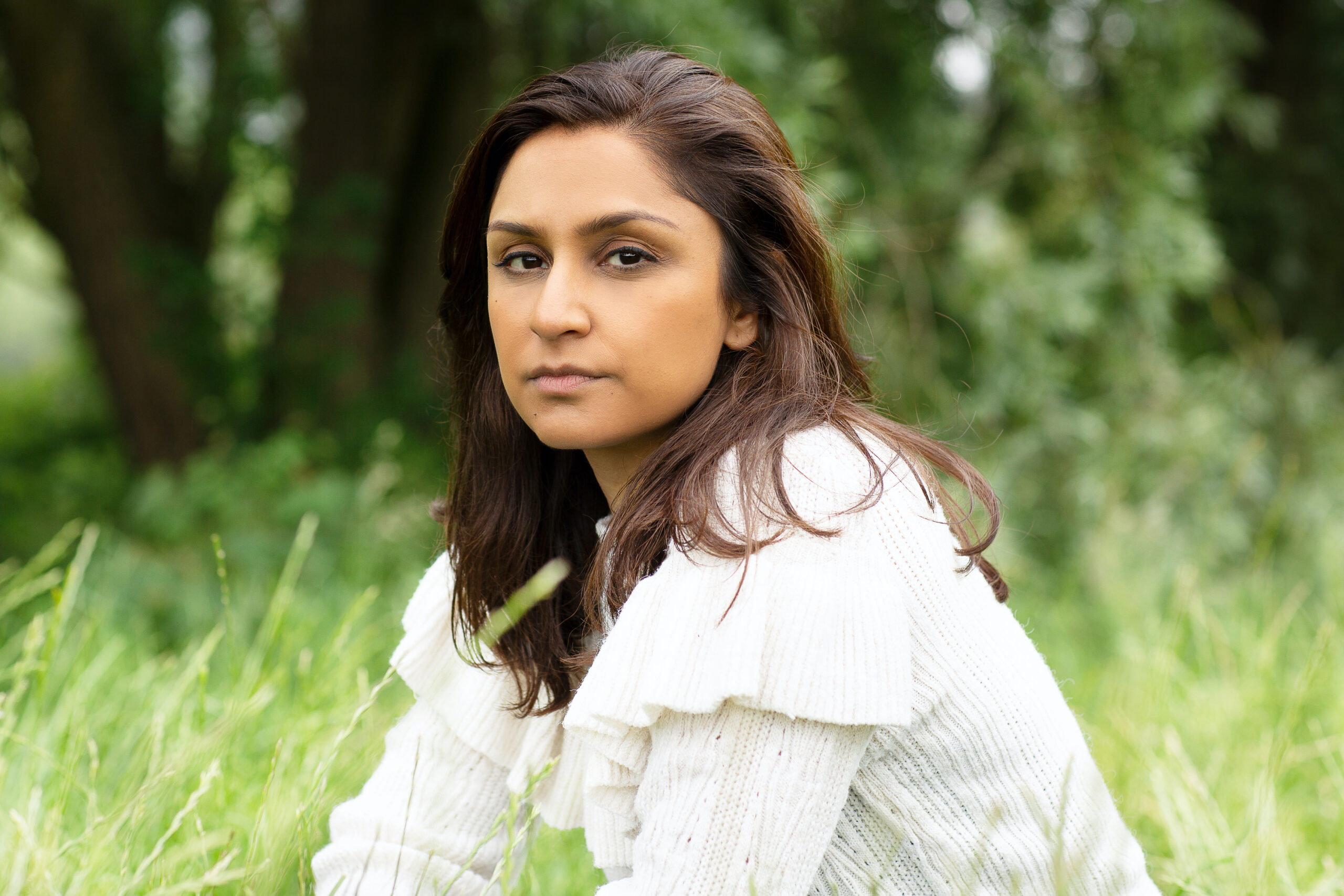
Image credit: Ori Jones
Can you tell us anything about any upcoming projects that you’re working on?
I can’t say too much about it, but I am working on an animated TV series with Disney, which I’m really excited about.
You also do voice acting and audiobook narration. How did you get into voice work?
I got an opportunity to be in Ron’s Gone Wrong, which is a Disney animated film, and somebody that I worked with ages ago in the theatre was a producer on it and called me in. I ended up getting it, and that was my way into character voice over work.
It’s so intense, but you’re just playing really intensely and very quickly for a short amount of time, and it’s done. I certainly felt like I had to understand what [was] going on so that when I [got] in the room, I [could] play.
The thing that’s so fun about it is that they’ll just ask you to pull out random stuff. So they’ll be like, “Give me Bulgarian soap opera.” Once you understand what the core of the film is about, you can come out with all these crazy things. There’s no time to question it.
If it doesn’t work, you try it again and again. It helped me to stop being precious about things because even if it doesn’t work when you try something, there’s something in it that could work.
How does voice character acting differ from the solo work of audiobook narration?
Audiobook narration is a marathon in comparison. There’s a lot of preparation in terms of knowing who the characters are and what the story is and their attitudes throughout the book. Once you start reading, you get into the flow of it.
It feels like you’re doing a one-person show, so it’s quite intense. The recording days that I’ve done have normally been 10am till 4pm or sometimes 10am till 6pm or 9am till 5pm. So, it’s a long day of speaking. You have to give yourself enough energy to be able to run this marathon and then re-energise and come back the next day.
How do you look after your voice?
I found that honey and lemon are great. Originally, having coffee felt practical and relatively innocent, but I found it’s not the greatest thing to do. Annoying, because I love the idea of the coffee being there, but then there’s no time to actually drink the coffee because you’re narrating the entire time. You can’t make any extra sounds. You have to be careful of the coffee cup and just random things. I also found [that] coffee affected the quality of my voice, whereas honey and lemon made it clearer.
Rest at the end of the day so that I can come in the next day and do more work. So, no going to a bar and screaming to my mates afterwards. It’s just not on the table. I came in once like, “I’ve got a little bit of a cold. Is this going to be okay?” And they’re like, “Yeah, fine, as long as it’s consistent.”
When preparing for audiobook narration, do you read the book cover to cover ahead of going into the studio, or does somebody send you a breakdown of the gist?
They definitely send me a breakdown, and the time that I get the script varies. Sometimes, I get it four weeks in advance, sometimes it’s two weeks and sometimes it’s less because of complications at their end with the publishers or unexpected last-minute things.
In terms of preparation, I try to read it twice. I read it once just to read it as a book and feel it out and experience it, and then I read it again to go through and highlight all the characters in different colours, just so that when those characters come up, I know exactly who’s speaking and I can get my voices and accents down. When I then go in, I know what’s going to happen and how to navigate it in the moment.
Also, the pronunciations – I definitely learnt [that] I have to know how to say the words that I’m slightly unsure of and think I know. There’s also, hilariously, words that you think you can say, and then when you’ve been speaking for four hours, they come out in some random way that you didn’t even know you could say. The engineer’s like, “Sorry, you said dwoor instead of door.”
In 2007, you were a nominee performing at the Spotlight Prize showcase. What was that experience like?
It was amazing. I remember feeling so special, and it was so cool to represent Drama Studio in that moment. I did an extract from The Collector by Mark Healey with my friend, Graham Aitken, and I remember it being a bit of a whirlwind.
Charlotte Riley was also doing it that year. I remember being spellbound because she did this song, which was quite an original choice for the performance. She had her hair done and she just looked like she was in a film. I remember being like, “You are a star.” It was really fun.
I felt like it was the beginning of a mission as well, like, “This is so real. You are all going to be graduating, so there’s no way to avoid that now. This is Spotlight. We’re actually talking about the industry now.” It’s not just us playing at what we’re doing.
Finally, what would be your dream role?
It’s hard to say one thing, but I would love to be the lead in an action film, playing the action hero who gets to do everything. I remember Margot Robbie describing action, and an interview describing Milla Jovovich in The Fifth Element, how the action hero gets to do everything. They get to fall in love, they get to save everyone and they’re in the driving seat for all of it.
Thank you, Krupa, for sharing your experience and insight!
Take a look at our website for more casting stories and interviews with casting directors and agents.















